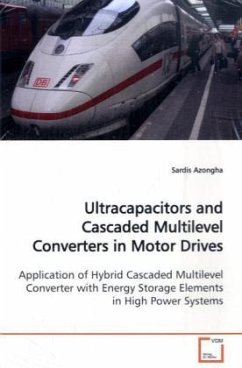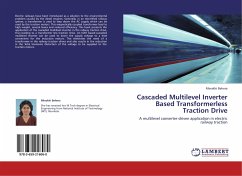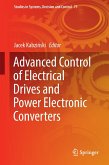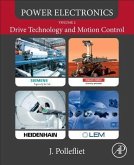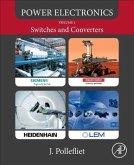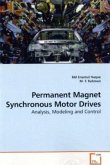Ultra-capacitors are increasingly becoming important
as onboard energy storage in electric ship, and
electric and hybrid electric vehicles where they
assist in providing peak power during acceleration
and absorbing regenerative energy.
While active research is continuously being pursued
in the use of ultra-capacitors as energy storage in
motor drive applications, the topologies reported so
far in literature have drawbacks such as limited
real power compensation with no reactive power
compensation,and reactive power compensation with no
real power compensation. DC-DC converters have
significant advantages in low to medium power
applications, but degraded performance for high
power applications such as in electric ship.
Cascaded multilevel converters have been at the
center of research for the past several years due to
their inherent advantages in medium and high power
applications, especially in motor drive
applications.This research proposes two hybrid
cascaded multilevel converter (HCMC) topologies and
the corresponding control strategies applied to
motor drive, interfacing both dc sources and
capacitor energy storage elements.
as onboard energy storage in electric ship, and
electric and hybrid electric vehicles where they
assist in providing peak power during acceleration
and absorbing regenerative energy.
While active research is continuously being pursued
in the use of ultra-capacitors as energy storage in
motor drive applications, the topologies reported so
far in literature have drawbacks such as limited
real power compensation with no reactive power
compensation,and reactive power compensation with no
real power compensation. DC-DC converters have
significant advantages in low to medium power
applications, but degraded performance for high
power applications such as in electric ship.
Cascaded multilevel converters have been at the
center of research for the past several years due to
their inherent advantages in medium and high power
applications, especially in motor drive
applications.This research proposes two hybrid
cascaded multilevel converter (HCMC) topologies and
the corresponding control strategies applied to
motor drive, interfacing both dc sources and
capacitor energy storage elements.
